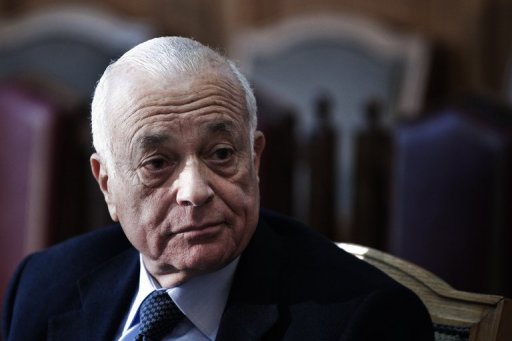CAIRO: Headline inflation in Egypt went up a small tick, from 10.7 percent to 10.9 percent for August, according to figures released by the state statistics agency CAPMAS.
Meanwhile core inflation, which cuts out volatile items such as food and vegetables as well as regulated prices, crept up to 8.17 percent in August from 7.1 percent over the previous month, figures released Monday show.
The latest increase represents the fourth consecutive month as well as accelerating at the fastest pace in over a year, Bloomberg reported.
In its daily market report, Cairo-based investment firm Beltone Financial, said that the recently released information is based on a “new inflation series,” which uses January 2010 as the base period and weights derived from the 2008/09 Household, Income and Expenditure Survey.
The upswing in inflation in general, resulting from Ramadan, was anticipated, and is in line with expectations, said Magda Kandil, executive director of the Egyptian Center for Economic Studies.
Consumer spending driven by Ramadan, she said, was patently one of the main driving forces, due to the seasonal surge in consumer consumption as Muslims stock up on traditional food items for the holy month.
In parallel, international price hikes, such as the recent increase in the price of wheat, which weaved its way into other related items, the recent depreciation of the Egyptian pound to the US dollar — which drove up the price of some imported consumer goods — and finally an increase in wages and salaries for government employees, the result of which led to a heightened sense of consumer confidence and thus spending, all helped fuel inflation August, Kandil explained.
The confluence of these factors that have increased inflation has easily conjured up fresh memories of runaway inflation that occurred back in 2008, when it peaked at 28 percent, she said. Rising inflation dampens foreign direct investments (FDI) and domestic investment as well as fewer Egyptian exports, all of which would negatively affect the broader economy.
The Monetary Policy Committee (MPC) of the CBE is scheduled to meet on September 16 in order to discuss changing or keeping interest rates steady. The CBE has left unchanged its key interest rates, with the overnight lending rate at 9.75 percent and the overnight borrowing rate at 8.25 percent since September 2009.
Beltone anticipates interest rates to remain the same provided that gasoline and diesel prices remain static.
Its prediction is founded on the belief that “the CBE would not be inclined to address one-off seasonal changes in prices with interest rates changes, which would have a limited effect, if any, on inflation given the lack of personal indebtedness in Egypt,” said Beltone in its note.
Kandil concurred, stating that inflation remains well within the “comfort zone” for monetary policy makers, but added that it should remain their “top priority.”
Looking ahead, Beltone stated that in its view, “annual headline inflation will remain high in September 2010 as the seasonal effect of Ramadan and the end of the summer months continues to be felt.”
Kandil noted that the next MPC meeting is imperative, and that if inflation continues to persistently rise, interest rates should be raised, which will set off a government-led contraction cycle.
“Both the CBE and government spending need to be on alert about inflationary risks,” she highlighted. She contends that a dual approach of raising interest rates in conjunction with cutting spending will ensure that inflation remains at a manageable level.
She continued by adding that as signs of recovery have begun to sprout, which could very well lead to higher inflation down the road, a shift in focus, from “taking a neutral position” to hitting the economic breaks, will be called for by CBE’s tweaking its monetary policies as well as the government reigning in spending and controlling the price of credit to keep inflation in check.
